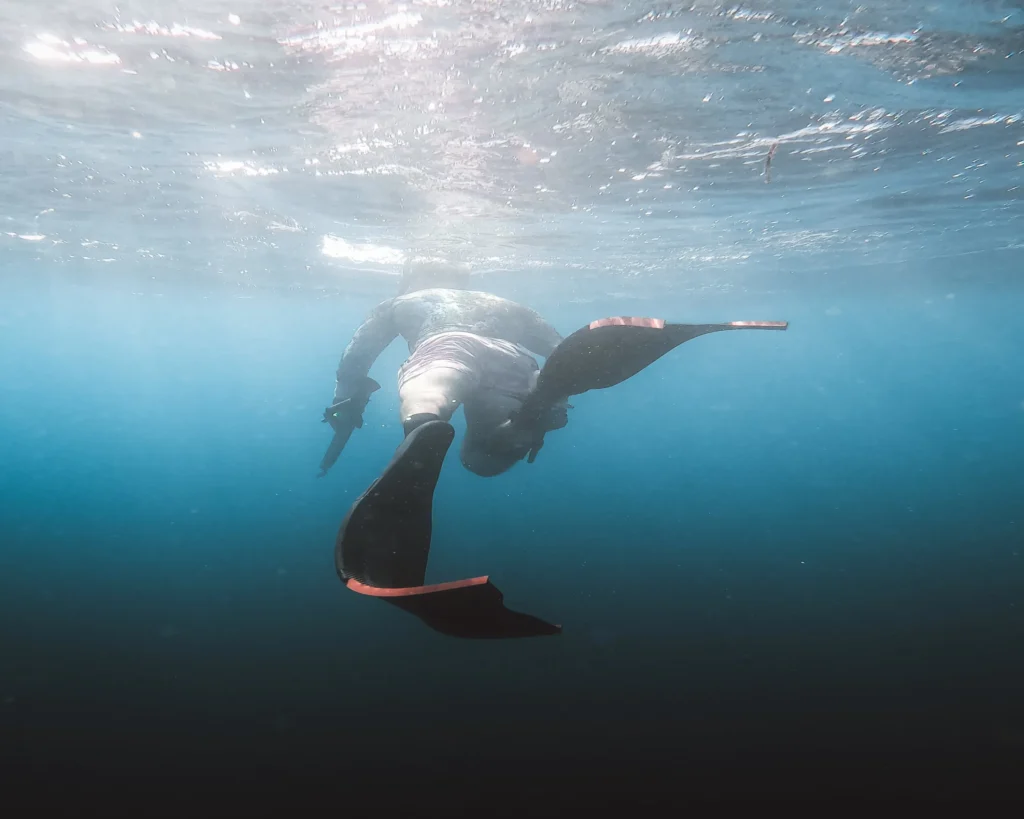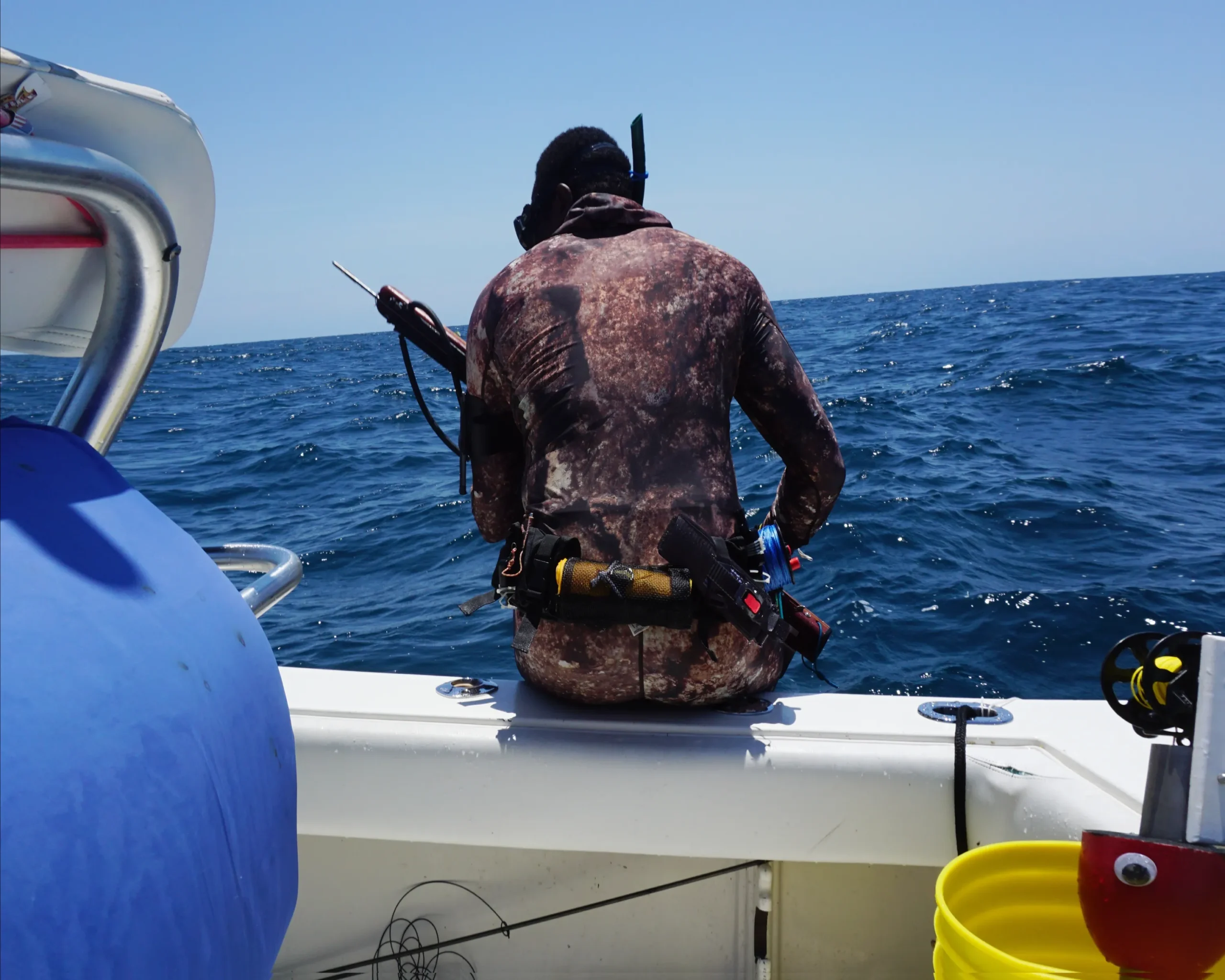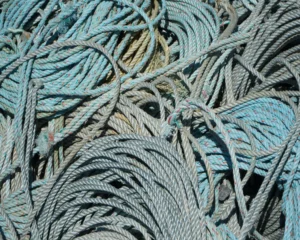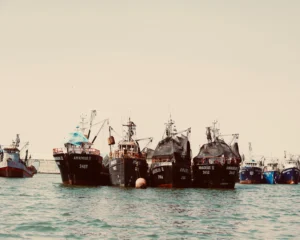Read in Urdu Language Click Here.
Spear Fishing:
Spear fishing is a method of fishing in which an individual uses a specialized device, called a spear gun or pole spear, to capture fish underwater. Unlike traditional fishing with a rod and reel, spear fishing requires the fisher to be in close proximity to the fish, often in their natural underwater habitat.

Here are key aspects of spear fishing:
-
Equipment:
Spear Gun:
This is a device that propels a spear toward the target. There are various types, including pneumatic (using compressed air), band-powered (using rubber bands), and spring-loaded spear guns.
Pole Spear:
A simpler alternative to the spear gun, a pole spear consists of a long pole with a pointed tip for spearing fish. It requires the user to get closer to the fish.
-
Diving Equipment:
Mask and Snorkel:
To observe and breathe while floating on the water’s surface.
Fins:
Swimming efficiently and maneuvering underwater with the help of fins.
Wetsuit:
Provides thermal insulation in colder waters.
Weight Belt:
Helps in maintaining buoyancy and diving to specific depths.
-
Techniques:
Free Diving:
Spear fishers usually free dive, relying on holding their breath rather than using scuba equipment. This allows for a more natural and stealthy approach to the fish.
-
Target Species:
Spear fishing can be used to target a variety of fish species, including reef fish, pelagic species, and even game fish like tuna. The target depends on the location and local regulations.
-
Sustainability and Regulations:
Many regions have regulations governing spear fishing, including restrictions on certain species, size limits, and specific gear requirements. Adhering to these regulations helps ensure sustainable harvesting practices.
-
Selectivity:
Spear fishing allows for a high degree of selectivity since the fisher can visually access the size, species, and condition of the fish before deciding to take a shot.
-
Ethical Practices:
Responsible spear fishing involves ethical practices such as avoiding the shooting of undersized or protected species, respecting marine ecosystems, and using proper hunting techniques to minimize stress on the fish.
-
Safety Measures:
Safety is crucial in spear fishing. This includes proper training in breath-holding techniques, understanding the risks of shallow-water blackout, and using a signaling device to alert others of your presence.
-
Hunting Ethics:
Spear fishers often adhere to ethical principles, including taking only what is needed, respecting marine life, and leaving the environment in the same or better condition than it was found.
-
Conservation and Awareness:
Many spear fishers are actively involved in marine conservation efforts. They promote sustainable fishing practices, participate in reef cleanup activities, and raise awareness about the importance of preserving underwater ecosystems.
It’s important for spear fishers to be well-versed in local regulations, practice ethical fishing, and prioritize the conservation of marine environments. Responsible spear fishing contributes to sustainable fisheries management and helps maintain the health of underwater ecosystems.
Read in Urdu Language Click Here.




